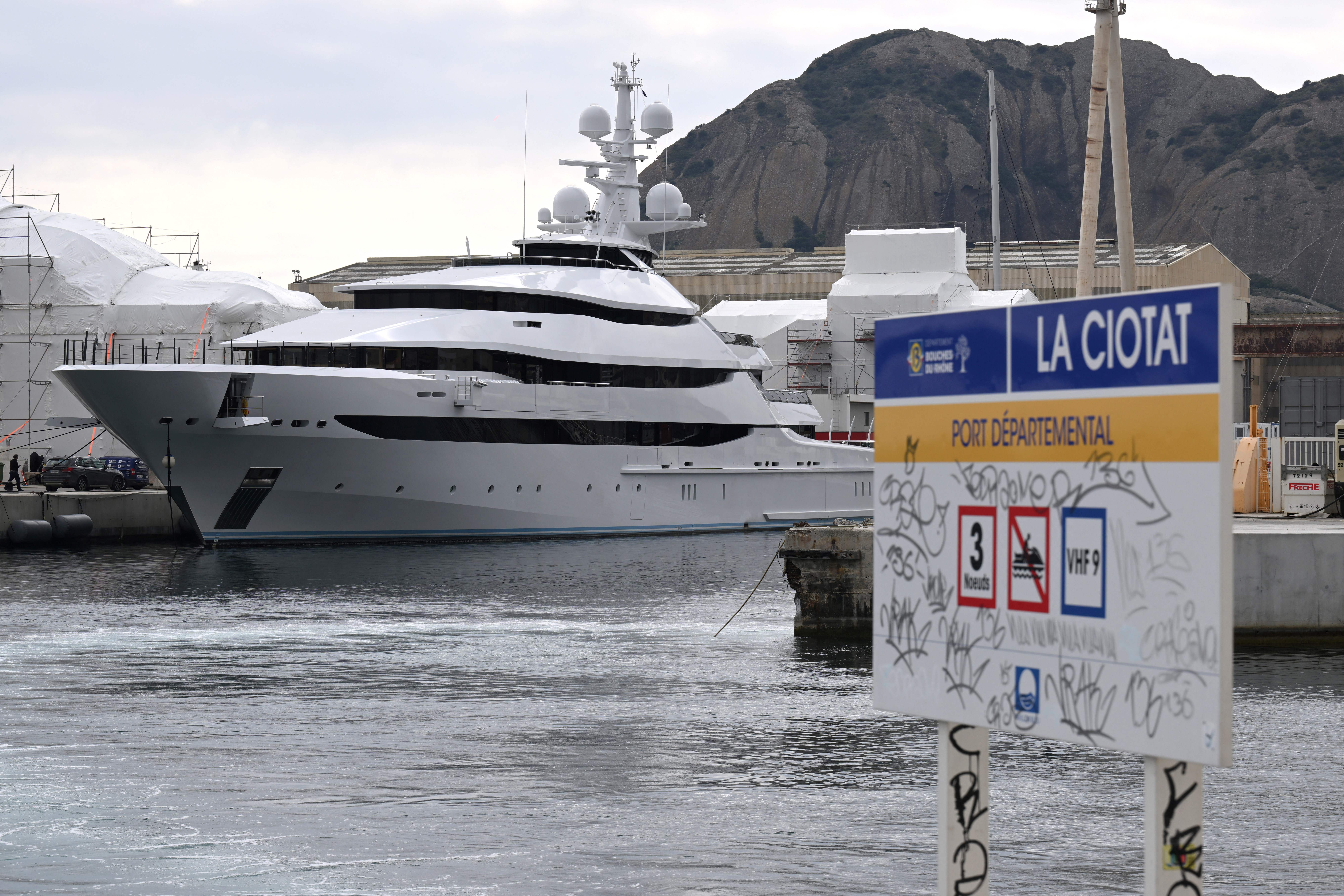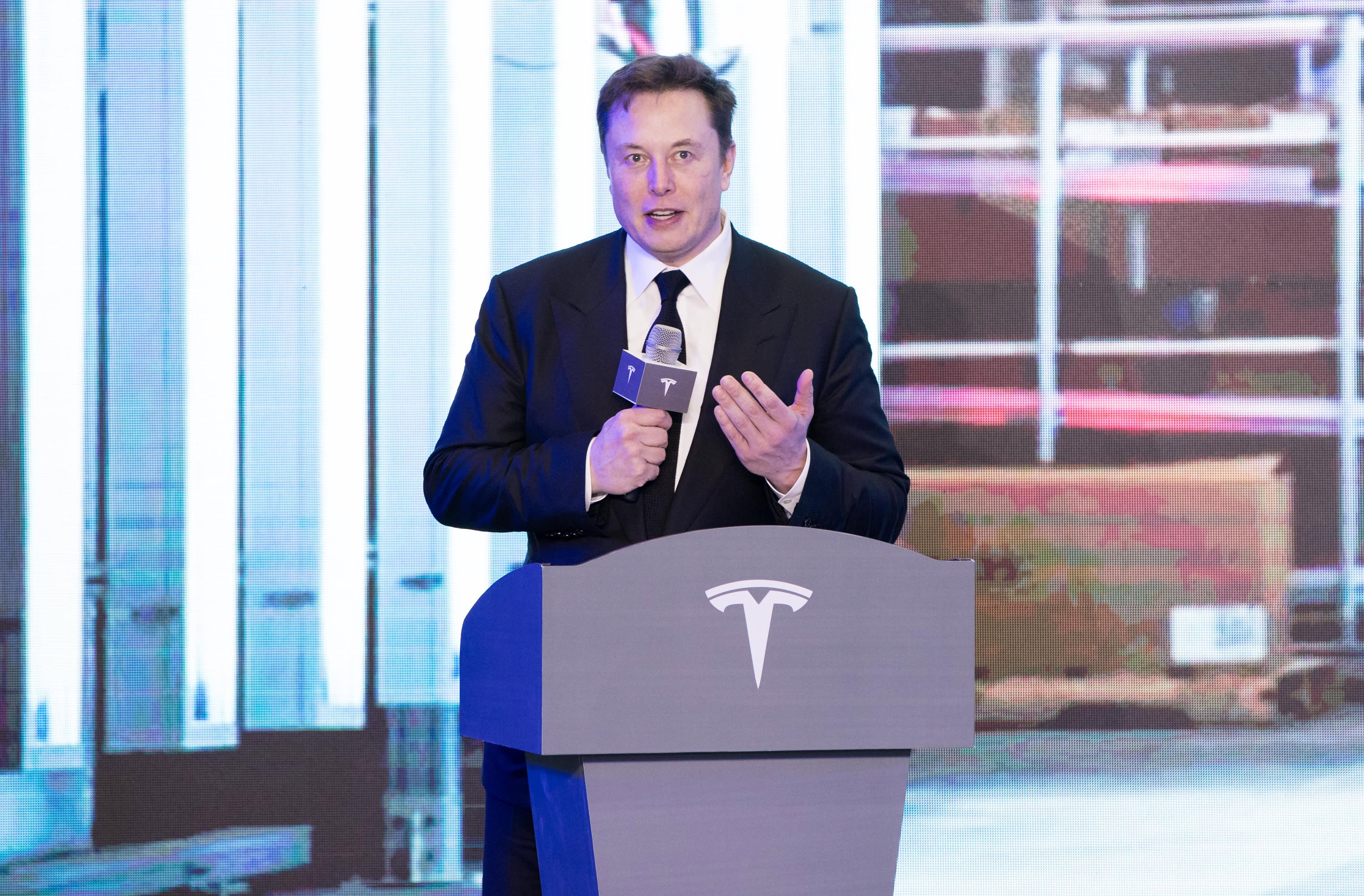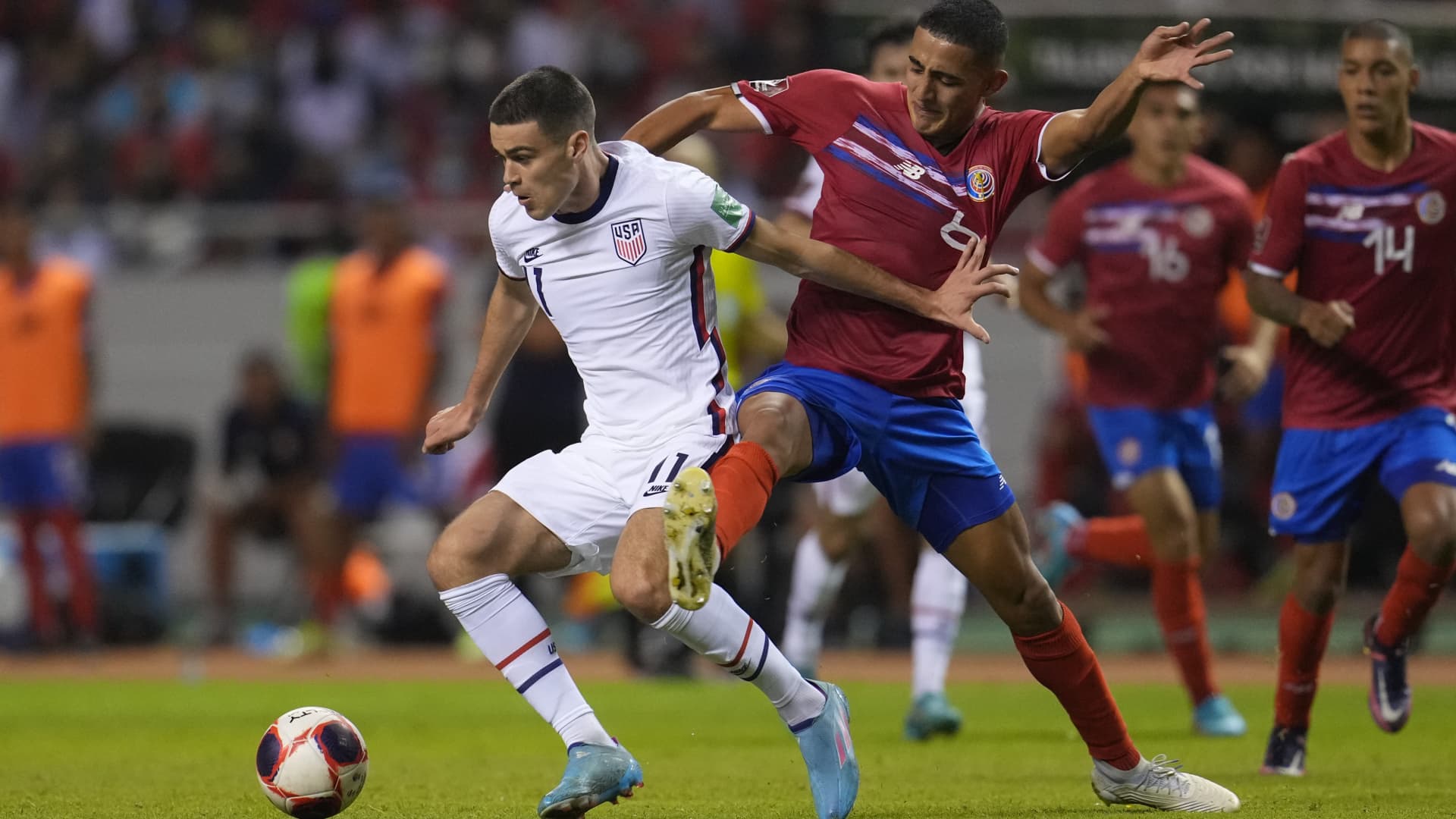‘We have to do what we have to do’: Israel’s Netanyahu stands firm on Rafah offensive despite U.S. tensions
Israeli Prime Minister Benjamin Netanyahu acknowledged tensions with historical ally the U.S. over the military operation in Rafah in the Gaza Strip.


Israeli Prime Minister Benjamin Netanyahu acknowledged tensions with historical ally the U.S. over the military offensive in Rafah in the Gaza Strip, but stood firm that the operation is required to protect Israeli security.
"Yes, we do have a disagreement on Gaza. Rather, on Rafah. But we have to do what we have to do," Netanyahu said Wednesday, in an interview with CNBC's Sara Eisen. "And, you know, sometimes you have to ... you just have to do what is required to ensure your survival and your future. We cannot continue into the future by having Hamas retake Gaza."
The U.S. and other nations have expressed concerns over Israel deepening its offensive into Rafah, citing fears over the safety of Palestinian civilians caught in the crossfire of Israel's war against Palestinian militant group Hamas. Israel has repeatedly said its conflict is against Hamas and that it does not target non-combatants, but human rights and aid organizations have stressed the impact of the military campaign and of the dearth of resources on the civilian population stranded in the Gaza enclave.
Over 1,200 people have been killed in Israel since October, according to Israel's prime minister's office. Meanwhile, more than 35,000 people have been killed in the Gaza Strip, according to the Palestinian health ministry's latest official count.
"I hope we can see eye to eye with the United States, we're talking to them, but ultimately we do what we have to do to protect the life of our nation," Netanyahu said.
Earlier this week, U.S. Secretary of State Antony Blinken stressed that Washington could not endorse a Rafah military incursion in the absence of a "credible" plan to safeguard civilians.
"Absent a credible plan to get them out of harm's way and to support them, the President's been clear for some time that we couldn't and would not support a major military operation in Rafah," he said in an interview with NBC's Meet the Press, according to a readout from the U.S. State Department.
The EU's chief diplomat Josep Borrell on Wednesday said on social media that the EU "urges Israel to end immediately its military operation in Rafah, that is leading to more internal displacement, exposure to famine & human suffering. We condemn Hamas' attack in Kerem Shalom."

Netanyahu on Wednesday said that Israel targets the destruction of four remaining Hamas battalions. Earlier this month, Israel began its offensive into Rafah, where 1.4 million displaced people have taken shelter, according to the U.N. Israel has been carrying out a retaliatory campaign in the Gaza Strip since October, following a terror attack perpetrated that same month by Hamas.
The hostilities have exacerbated tensions in the Middle East, with Israel exchanging strikes with Lebanese militant group Hezbollah and with long-time rival Iran. The conflict has also rippled into global markets, given disruptions to naval trade from attacks carried out by Yemen's Houthi and ongoing uncertainty over crude supplies from the oil-rich Middle East territories.
It has also clouded the outlook for a potential normalization of relations between Israel and Saudi Arabia, which has been highly coveted by the U.S.

 Tekef
Tekef 



























.jpg&h=630&w=1200&q=100&v=154b70b92d&c=1)



